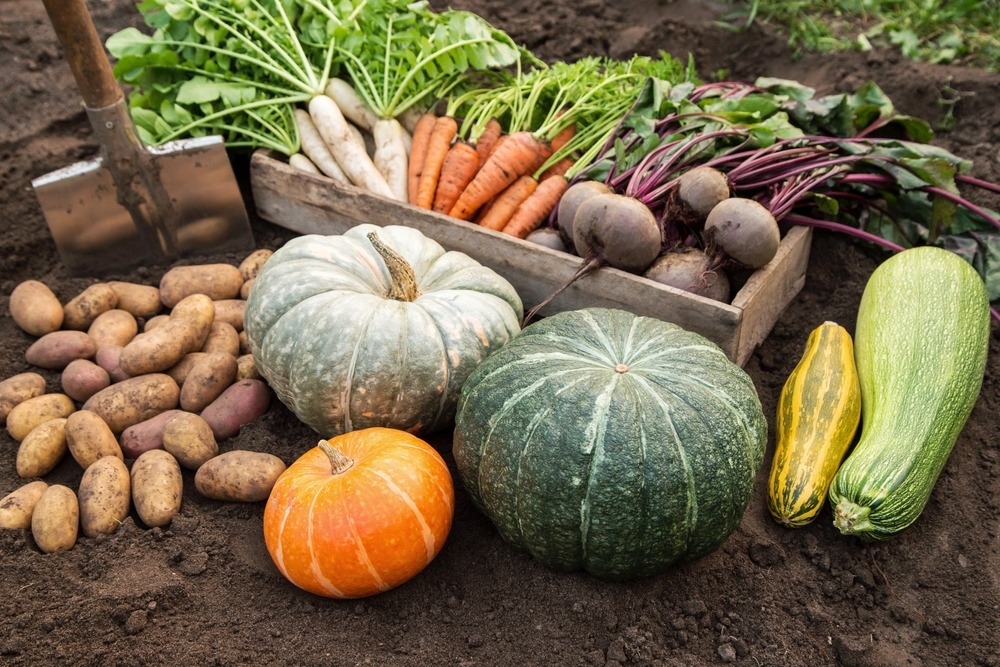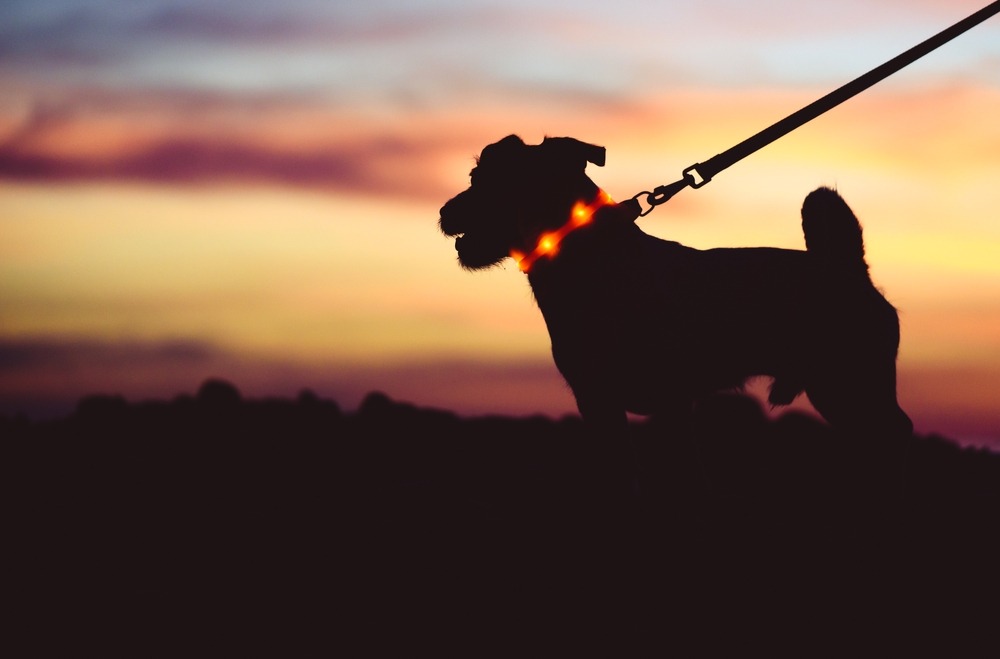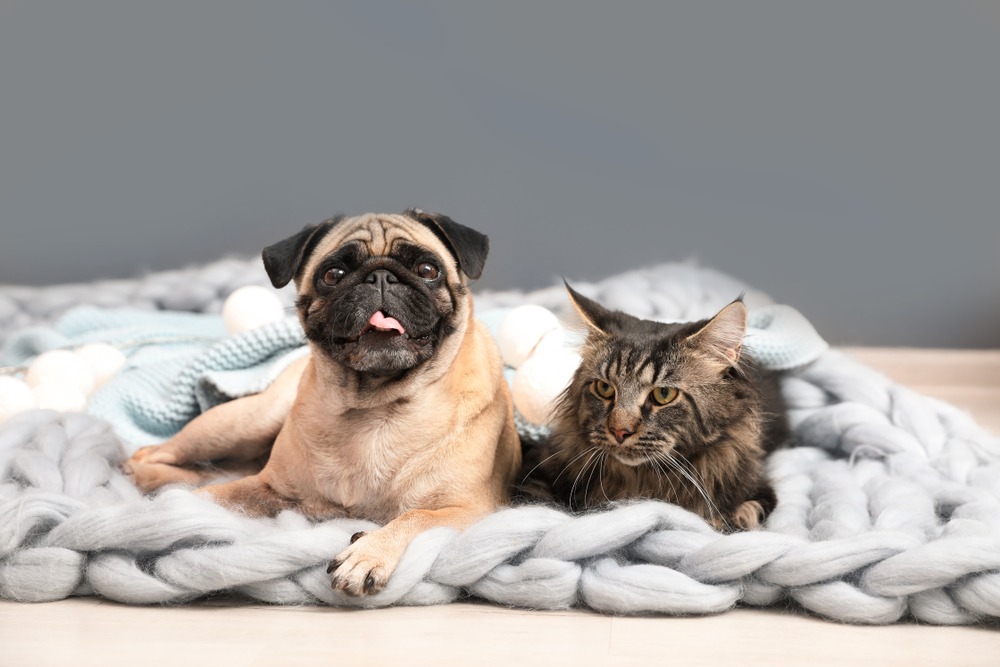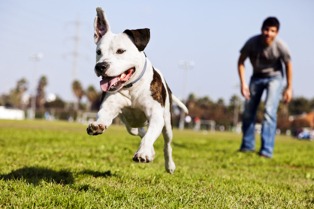
Looking after a dog can be costly and time-consuming, but also incredibly rewarding. Your dog’s comfort and safety will be your responsibility for the rest of their life, so it’s important to make sure you provide the best environment, exercise routine and healthcare for your furry friend at all times.
This handy guide has all the information you’ll need to keep your dog happy and healthy.
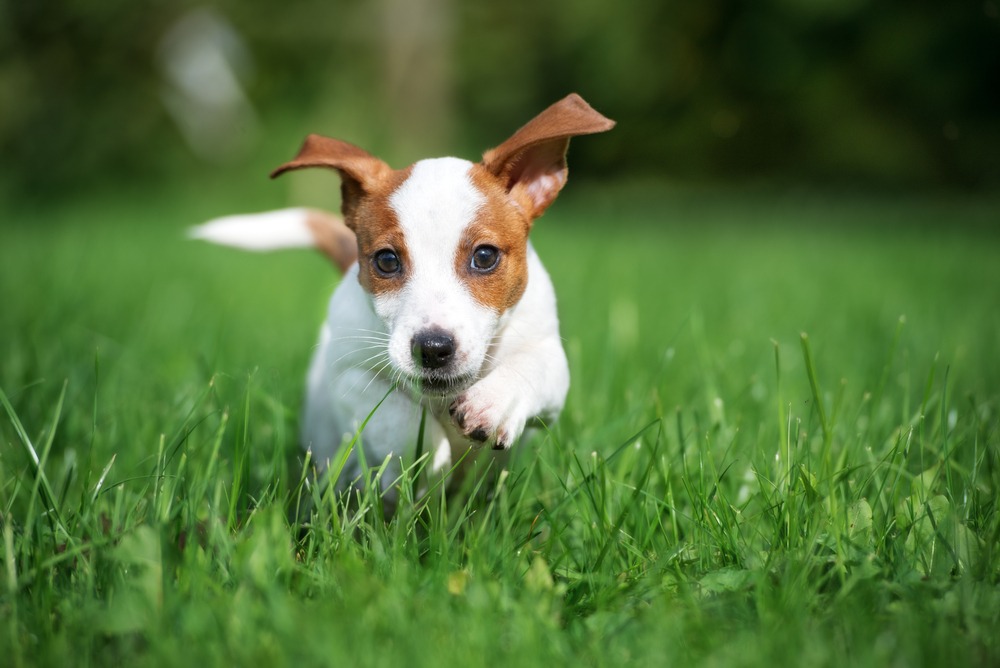
Environment
Every pup deserves a loving home where it feels protected and loved. To create a pleasant environment for your dog, place its bed in a comfortable, dry, draught-free room and make sure that any toxic items are safely out of reach. Ensure your dog has regular opportunities to go to the toilet throughout the day, and be sure to provide a hiding place where it can escape if it feels anxious or afraid.
Dogs are naturally inquisitive creatures that can get into tricky situations when bored and alone, so you need to keep your dog’s living area safe, secure and free from hazards at all times. If you have more than one pet, make sure you have enough extra toys, beds and hiding places to keep them from fighting with one another.
When you transport your dog to the vets or the park, keep it secure and comfortable in a harness, crate or container that has plenty of room. Make sure that your pup has plenty of toys to chew and play with to keep it entertained, and reward good behaviour with a tasty treat like our beef, lamb and chicken meaty twisted sticks.
Exercise
Regular exercise is essential to keep your dog fit and healthy. Not getting enough physical activity can lead to health issues like obesity and behavioural problems. Dogs can show their frustration by chewing, being destructive, toileting in the house or barking too much. How much exercise your dog requires depends on its breed, age, fitness and personality.
Before exercising your dog, assess its needs and fitness level. Younger dogs will have more energy and therefore require more exercise than older pets, while those with shorter legs will get tired much faster than other breeds. You should avoid exercising your puppy for prolonged periods of time to prevent damage to growing joints.
Jogging should be avoided by large dogs and breeds with restricted noses, such as bulldogs and pugs, as they may have difficulty breathing with prolonged fast-paced exercise.
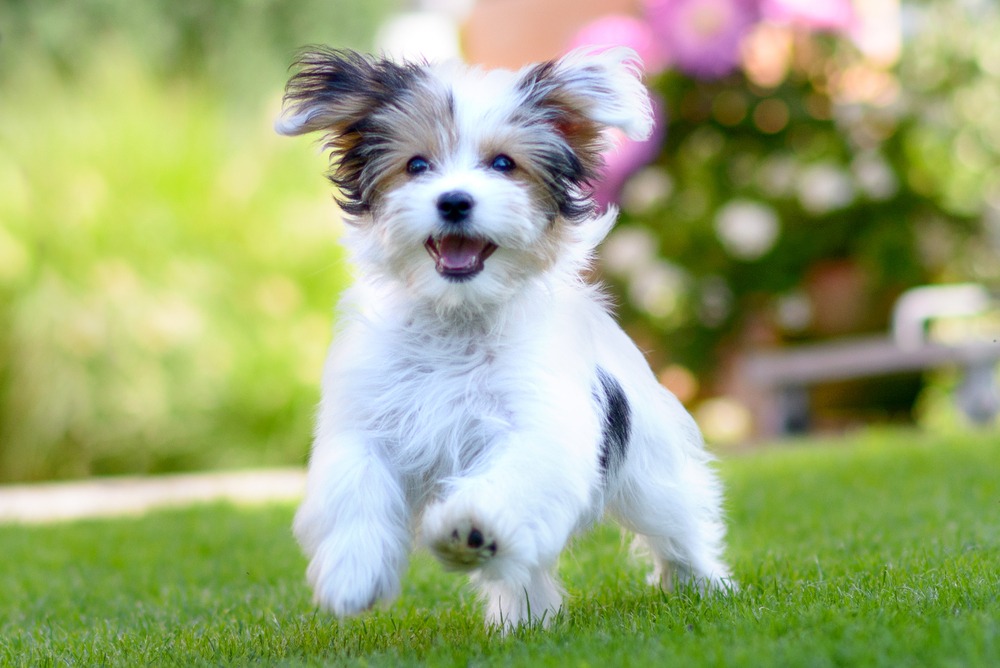
Make sure that you check the temperature of the ground before going for a walk, as dogs can easily overheat if moving around in warm weather. You should avoid exercising your dog immediately before or after it has eaten, as this can lead to bloating and an upset stomach. It’s best to wait at least an hour after a meal to ensure your dog can use the toilet on its walk.
Watch out for signs of fatigue, such as excessive panting, slowing down or stopping. If your pup pauses on a walk, stop with it and take a break until it is ready to continue again. If you choose to exercise your dog off the lead, make sure you’re in a safe and enclosed environment like a backyard or designated dog park.
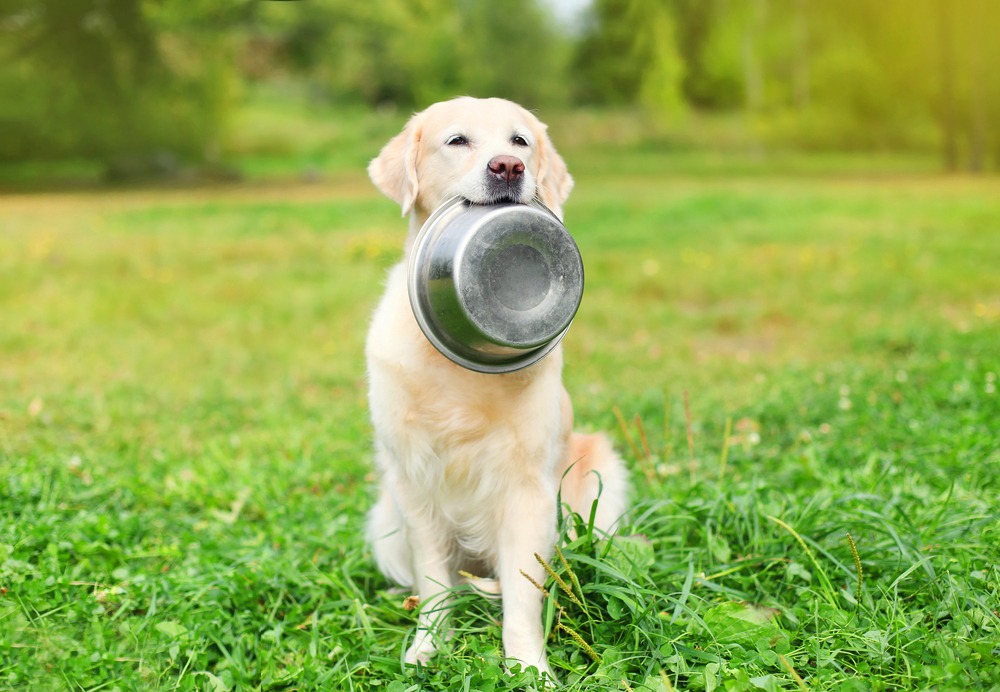
Companionship
Dogs are extremely sociable animals, so it’s important that they have regular opportunities to interact with other dogs, animals and humans. Just like people, dogs have different personalities, preferences and complexities: while some dogs will enjoy being in a pack, others may prefer the company of humans instead of other dogs.
Dogs shouldn’t be regularly left alone for more than four hours a day, as it can make them bored, lonely and stressed. Some of the behavioural issues your dog may display when stressed include: chewing slippers and wires, excessive barking, losing interest in the activities it usually enjoys and refusing to eat or drink.
If you do have to leave your dog for a long period of time, be sure to give it an hour or two of attention once you return every day to reduce its anxiety. You should also ensure that your dog is well looked after by a reputable boarding kennel, family member or pet-sitter when you go on holiday.
Health
Dogs are vulnerable to a range of infections, diseases and other illnesses that can be prevented by regular vaccinations and checks at home. Some of the ways you can keep your dog healthy include:
• Vets: You should register your dog with a vet as soon as you can after bringing them home and take it for yearly check-ups throughout their life. Take your dog to the vet using a comfortable carrier and stay close to keep it calm and under control. Veterinary bills can be expensive, so you may want to consider taking out pet insurance to lower costs.
• Vaccinations: Vaccinations work to fight against disease and infection, but only provide protection for a limited time. You should vaccinate dogs when they are six to nine weeks old and deliver booster injections annually for the rest of their life. Until your puppy’s vaccination course is complete, don’t take it to any public area where it can come in contact with infected dogs or diseased soil.
• Fleas & parasites: Ensure you regularly check your dog for fleas, looking out for excessive scratching, chewing or whining. Frequent vacuuming, washing of pet bedding, cleaning carpets and furniture can help control parasites, as well as using insecticides and flea treatments. Your vet can advise on the best treatment for your dog.
• Dental hygiene: You should check your dog’s teeth regularly for plaque or infection. Take your dog to the vet if you notice any bad breath, a change in eating habits, pawing at the mouth, excessive drooling or swollen gums. You should aim to brush your dog’s teeth every day and help to prevent plaque with our dental sticks dog treats.
• Grooming: Regular grooming with a brush or comb will help keep your dog’s hair in good condition by removing dirt, preventing tangles and checking for fleas. You should bathe your dog as least once every three months, or more if it spends a lot of time outdoors or has a skin issue.
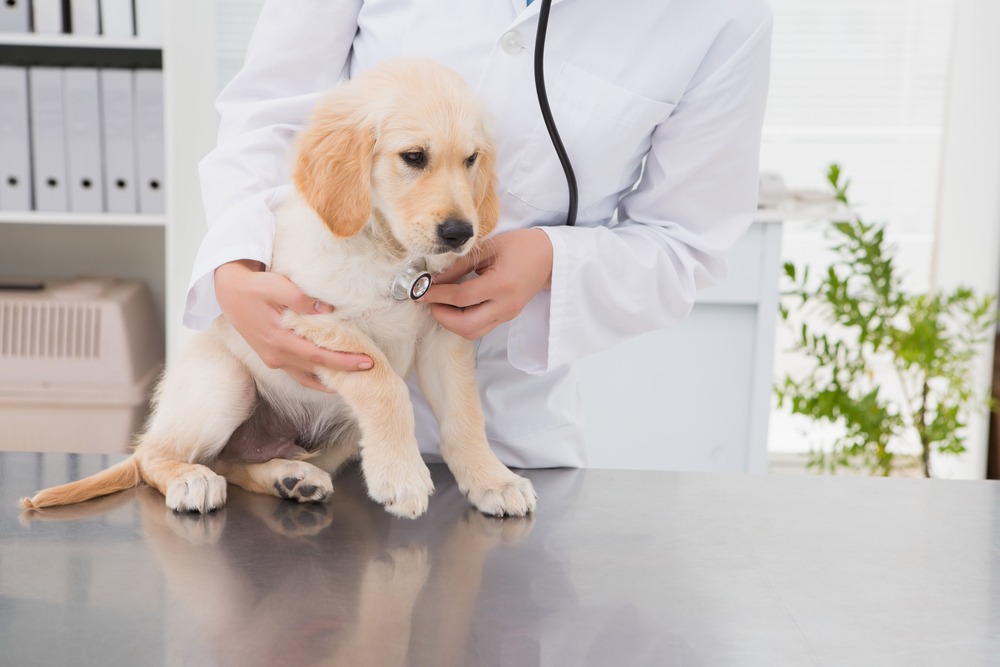
If you’re not intending to breed your dog, you should get it neutered to encourage calmer and more predictable behaviour. You’ll also need to get your dog microchipped to increase the chances of you being reunited if your pup goes missing.
The Webbox difference
At Webbox, we pride ourselves on looking at the world from a dog’s perspective, so we can understand what they want – not just what they need. We put our passion, creativity and fun into everything we make, offering fantastic food and tempting treats designed to keep your dog happy and healthy. For chomping chews and tantalising treats, shop our dog food range today.

Shop for Dogs
Personalise your search:
Shop for Cats
Personalise your search:
Latest Products

Webbox Lick-e-Licious Salmon Cat Treats

Webbox Cat Stars Chicken Dry Cat Food
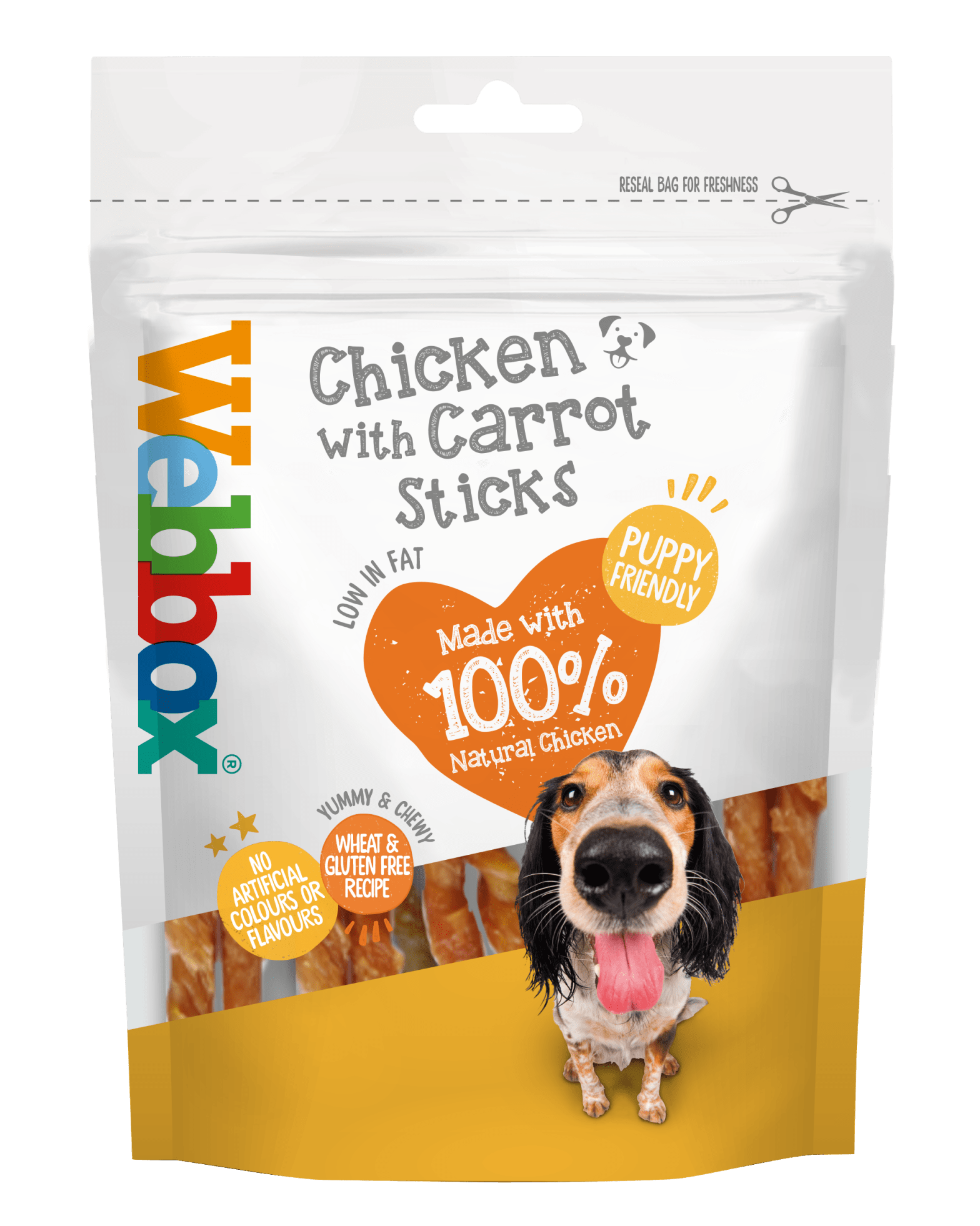
Webbox Chewy Chicken with Carrot Sticks Dog Treats
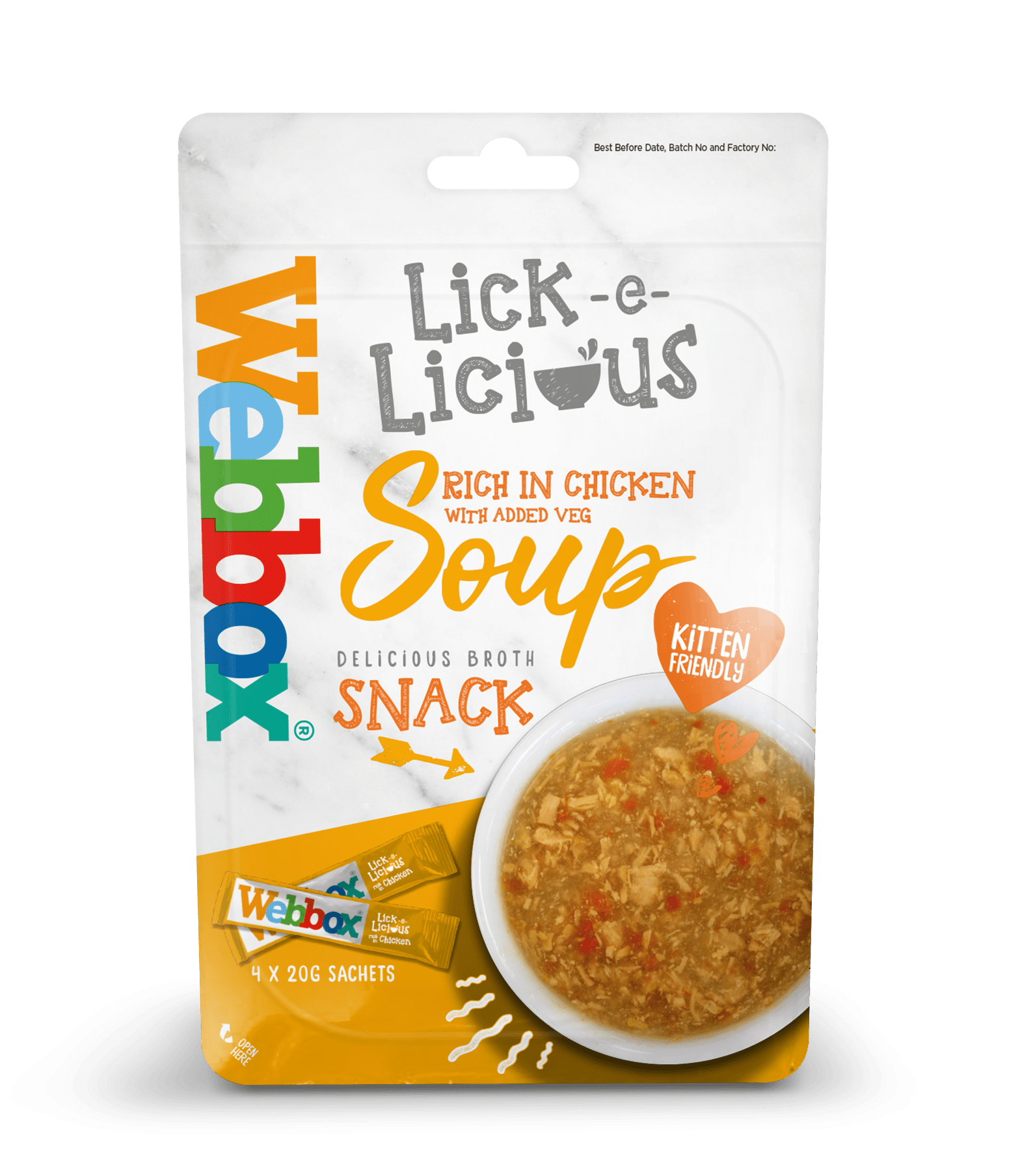
Webbox Lick-e-Licious Chicken Cat Treats

Webbox Twist Sticks Rawhide Alternative
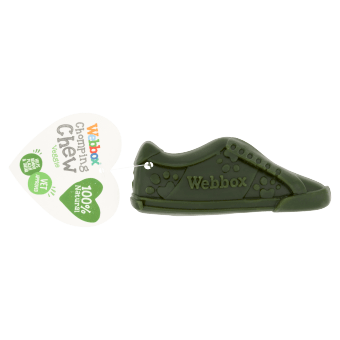
Webbox Chomping Chew Garden Shoe
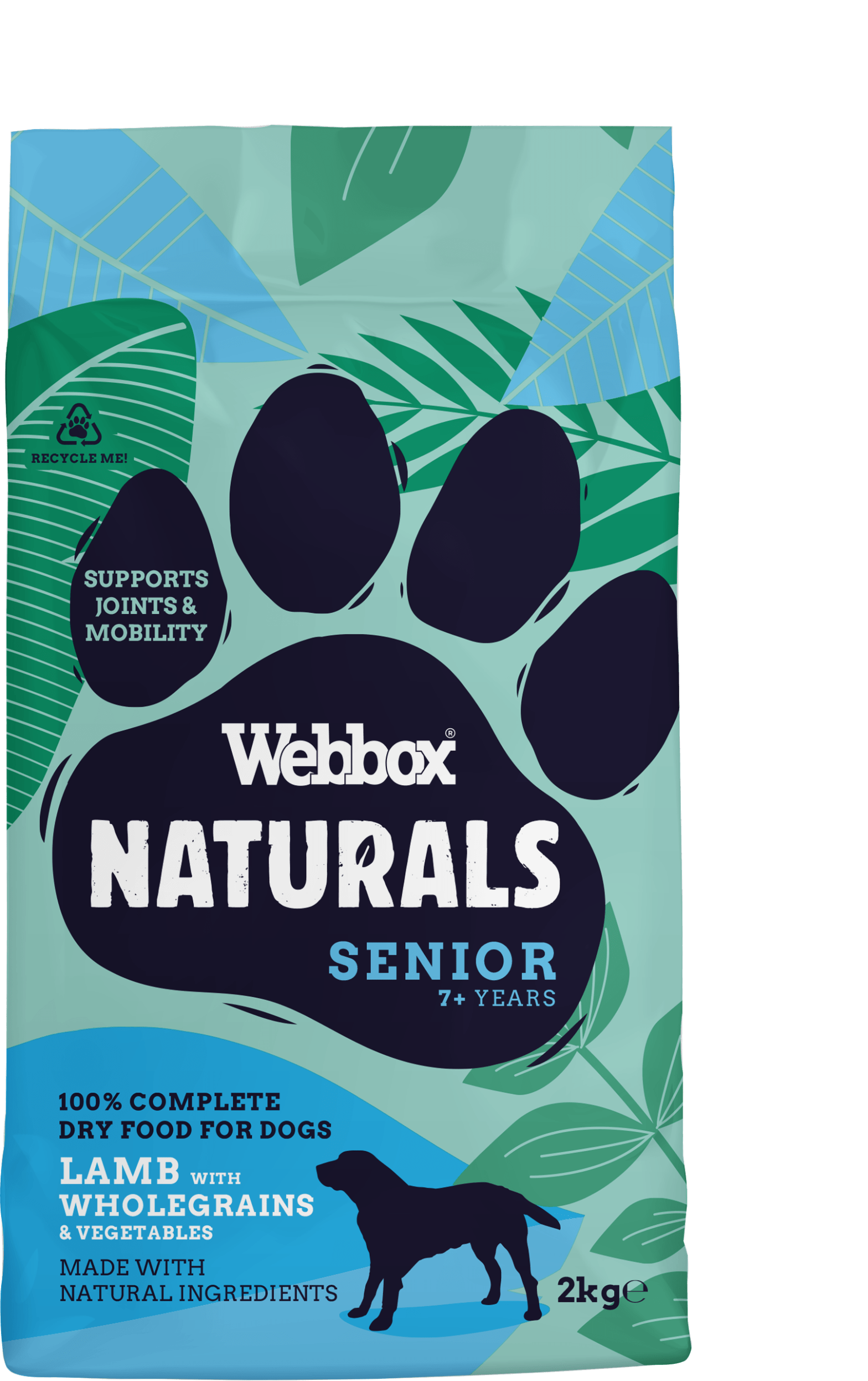
Webbox Naturals Adult Lamb and Chicken with Sweet Potato, Peas and Mint Wet Dog Food

Webbox Chomping Chew Chicken & Veg Giraffe

Webbox Chomping Chew Veggie Elephant
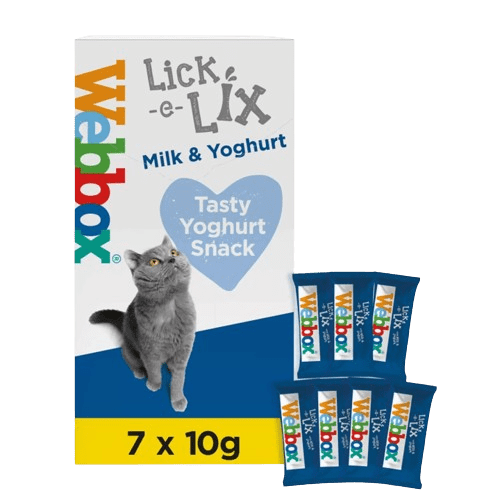
Webbox Lick-e-Lix with Milk & Yoghurt Cat Treats
Get the latest tips ‘n’ advice
Want to find out interesting facts and get helpful tips?
Need help choosing the right food?
Try our Pet Food Finder.



